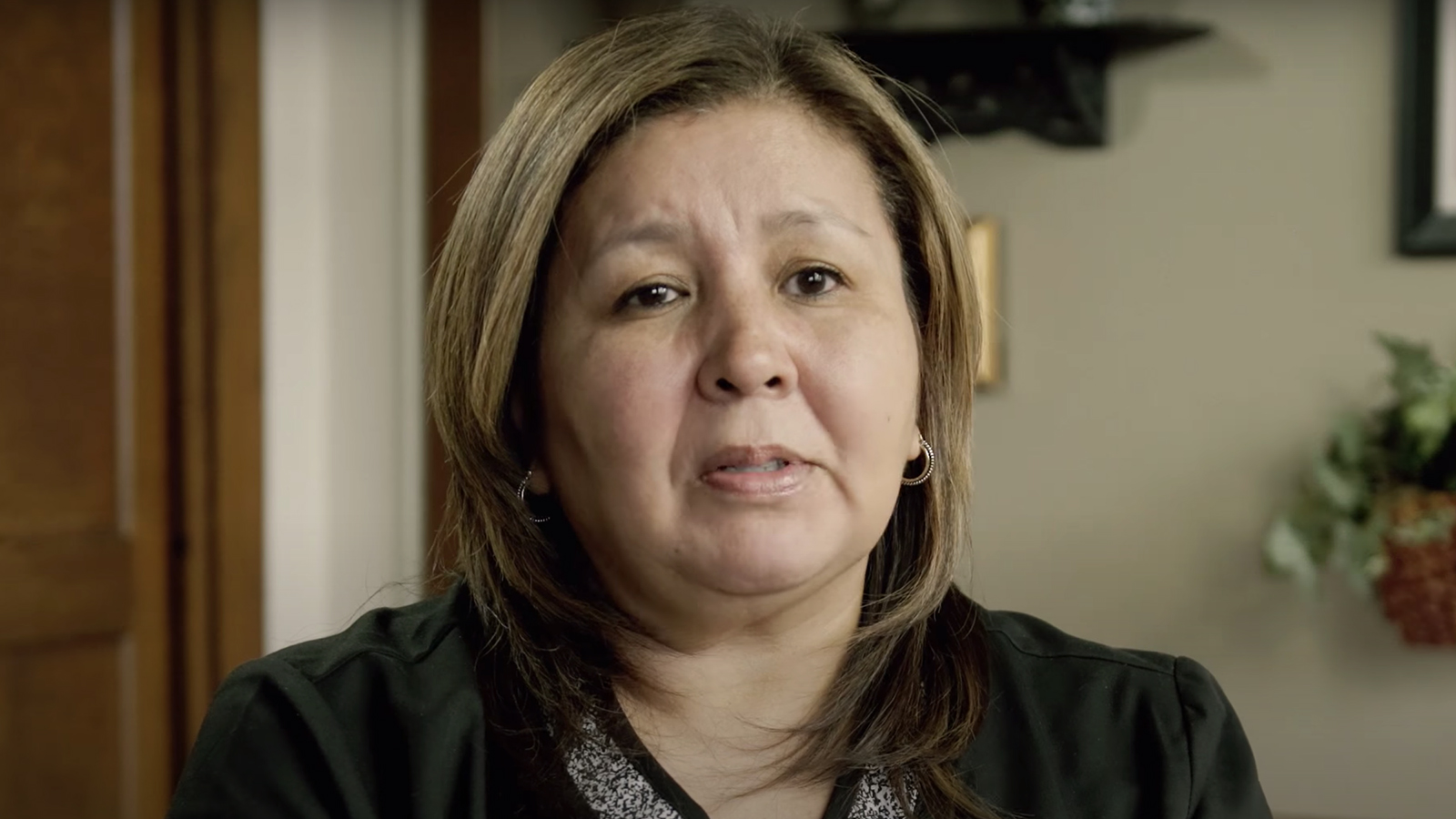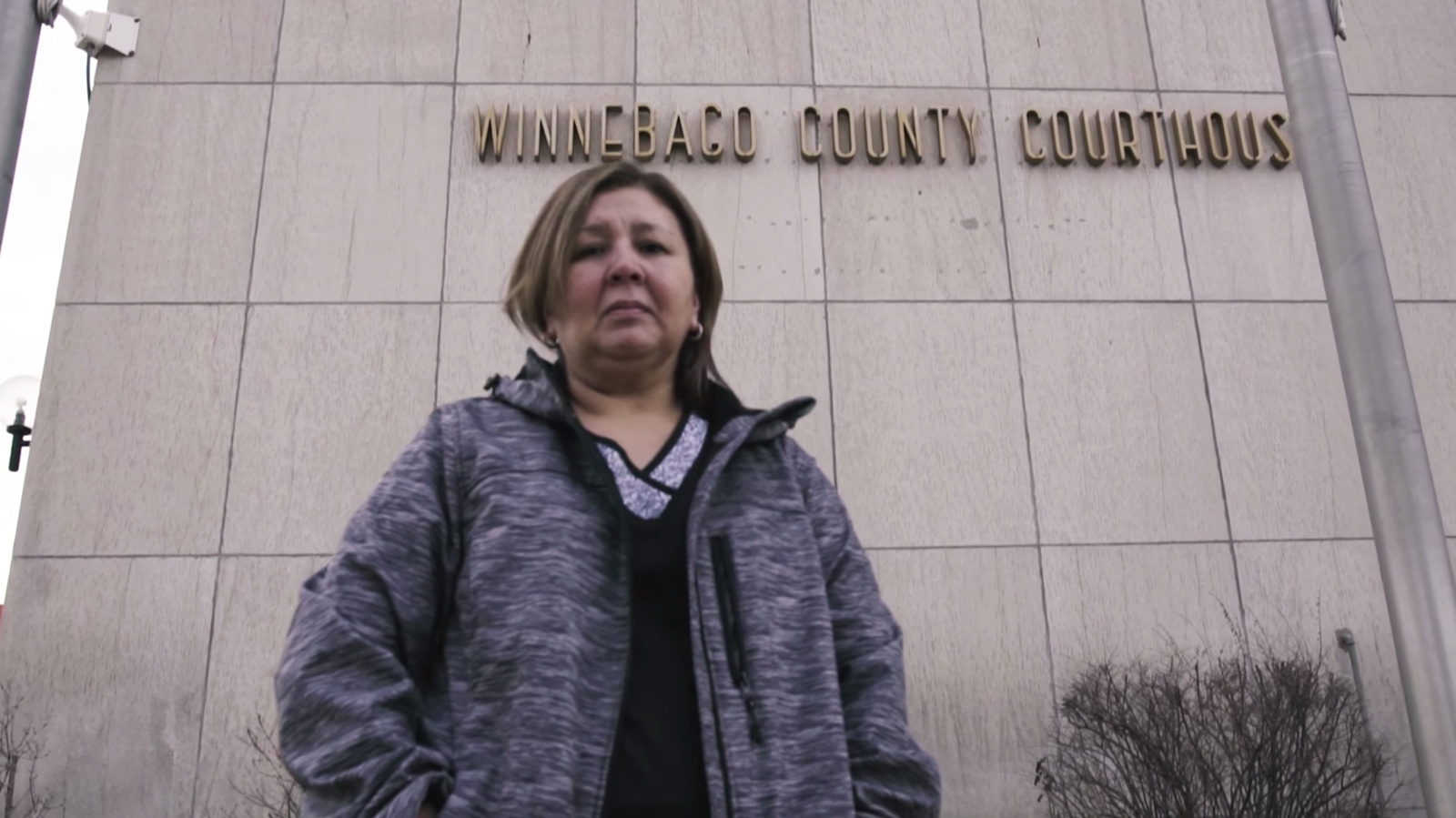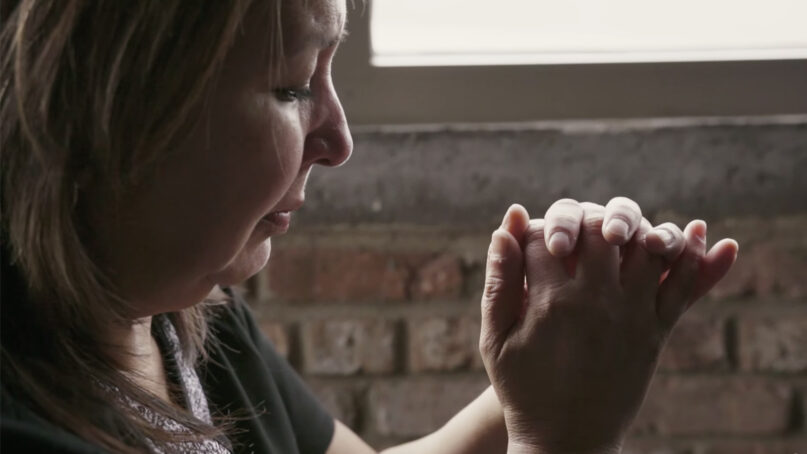(RNS) — An Illinois court ruled that a county health department violated the conscience rights of a Catholic nurse who lost her job after refusing to provide contraceptives or abortion referrals.
The ruling is the latest development in an ongoing court battle between Sandra Rojas, a pediatric nurse, and the Winnebago County Health Department, northwest of Chicago.
Rojas worked for the county’s health clinic for 18 years, mainly doing immunizations and health screenings for children. When the county combined its pediatric clinics with a women’s health clinic in 2015, Rojas objected, saying her Catholic beliefs prohibited her from providing birth control or abortion referrals.
In response, according to court documents, clinic officials initially honored Rojas’ objections while they looked for a new role to assign her. They eventually offered her a part-time job as a food inspector or a full-time job at a nursing home. She declined those roles and resigned, which cost her more than $18,000 in salary and $213,000 in pension benefits.
In 2016, Rojas sued the county health department, citing the Illinois Health Care Right of Conscience Act, a 1970s-era law that protects medical workers who object to abortion, as well as the Illinois Religious Freedom Restoration Act. The case took years to make its way through Illinois courts, in part because there have been relatively few cases involving the act.
Judge Eugene G. Doherty of the 17th Judicial Circuit Court eventually ruled Rojas’ rights had been violated. He also noted the case “presents legitimate interests in conflict.”
“Plaintiff had the right to have her objections of conscience respected; the Health Department had the right to run its clinics and provide the service it was obligated to provide,” he wrote in an Oct. 25 memorandum.

Sandra Rojas. Video screen grab
Still, he ruled, the interests of both parties could have been accommodated — noting that for several weeks, the health department had successfully accommodated Rojas while still accomplishing its goals.
“The Court has concluded that the Health Department could have reasonably accommodated Plaintiff’s objections without removing her from her job,” the judge concluded.
Rojas was awarded $2,500 in damages. The judge also ruled that by turning down the nursing home job, she had “failed to mitigate her damages,” limiting the damages she could be awarded, though she could be awarded legal fees.
RELATED: Clergy among those suing Texas over abortion law
“The court’s decision is a win for all health care professionals throughout Illinois,” Noel Sterett, attorney for Rojas, said. “Health care professionals should not be forced to violate their conscience to keep their jobs.”
Sterett, who is affiliated with Alliance Defending Freedom, a major Christian legal nonprofit, thanked his client for sticking with the case throughout the lengthy court process.
“She persisted and thought it was important to assert her rights and help other nurses and health care professionals understand that they have a right of conscience,” he said. “So we’ve hung in there with her and she’s hung in there with us.”

Nurse Sandra Rojas poses in front of the Winnebago County Courthouse in a video by Alliance Defending Freedom. Video screen grab
The Illinois Health Care Right of Conscience Act has been in the news recently as Illinoisans who object to COVID-19 vaccine mandates and other pandemic restrictions have begun citing the law to avoid complying with those mandates. Illinois lawmakers recently voted to amend the law to allow employers to require workers to comply with those mandates.
Sterett said he was concerned about those who make what he called “insincere religious exemption claims” that make it harder for clients who have sincere religious exemption claims.
“It just creates skepticism in the courts,” he said. “And in the court of public opinion.”
RELATED: Bill would remove conscience as basis for refusing vaccine





